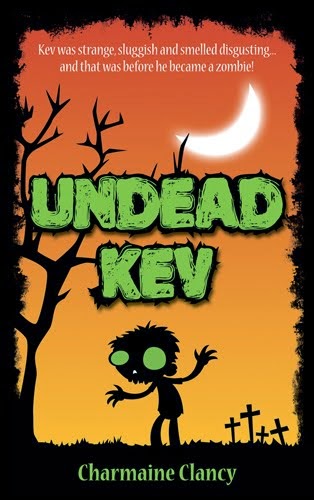We all have an innate sense of what makes a good
story. Even as children we can discern between what’s interesting, what’s
interesting to just us, and what isn’t interesting at all. If a kid comes home
and you ask him what happened at school today, nine times out of ten the answer
will be, “Nothing.”
But sometimes the answer will be, “Charlie brought
his pet tarantula to class and it got out of its cage and Mr Sellers screamed
and jumped on the table and then he lost his balance and fell out of the window
and broke his arm so now we have to have Miss Reedy for the rest of term.”
My point being not only that kids don’t seem to
speak with any punctuation, but also that a kid knows when he’s got something
to tell you. We all do. We all have the
urge to find someone with whom to share a story when something remarkable
happens.



































































































